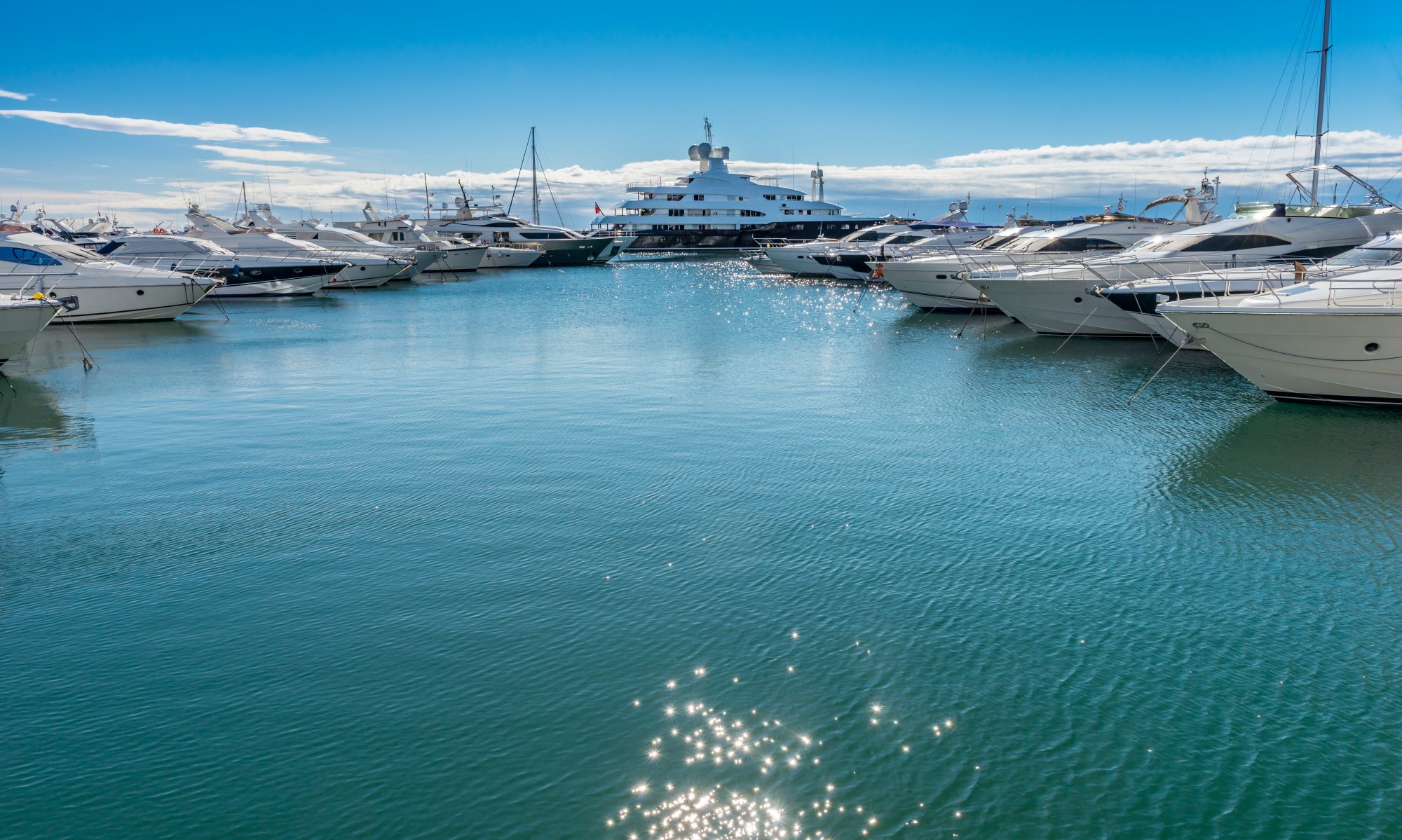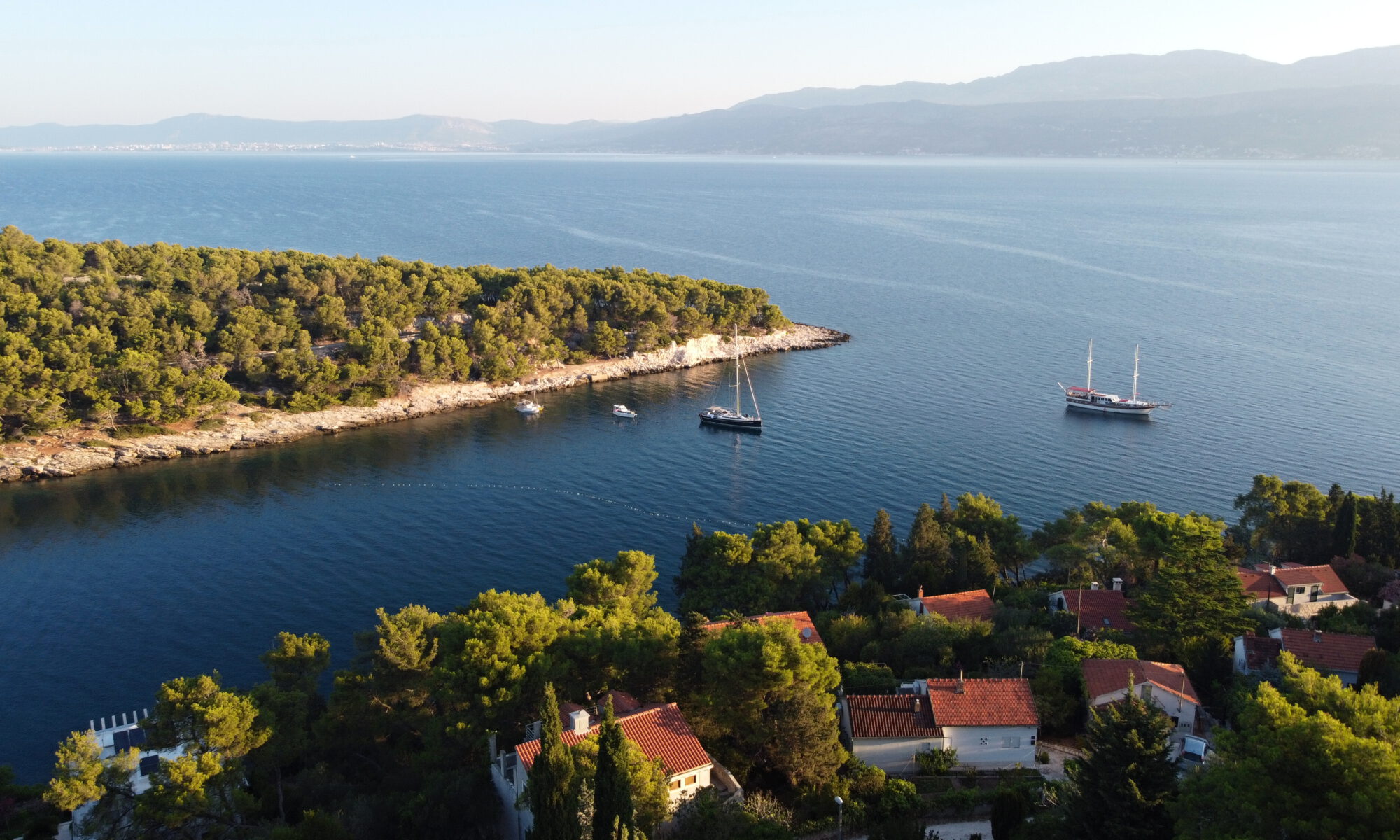Overview of Important Issues Related to Seasonal Employment
What is Seasonal Employment?
Seasonal employment refers to jobs whose scope and intensity temporarily increase in line with the seasonal rise in business activities of certain industries that depend on seasonal changes.
The Labor Act does not restrict seasonal employment to specific industries; instead, it allows seasonal employees to be employed by any business whose activities vary throughout the year due to seasonal factors.
According to the Croatian Employment Service, the tourism industry has seen the highest demand for seasonal employees in the first three months of 2024.
Duration of Seasonal Employment
Seasonal employment can last up to nine months within a calendar year.
Types of Employment Contracts for Seasonal Employment
Permanent Employment Contract
- Temporary Break Regulation Option 1:
- During temporary breaks, the employee is not required to perform work, and the employer is not obliged to pay salaries.
- The employee will not be deregistered from mandatory insurance.
- The employer remains responsible for calculating and paying contributions according to relevant regulations.
- Temporary Break Regulation Option 2:
- The employment relationship is suspended, and the employer deregisters the employee from mandatory contributions.
- The employee may enter into an employment contract with another employer during this period.
Fixed-Term Employment Contract
- For employers needing seasonal employees for multiple seasons, a fixed-term contract can be concluded.
- The employer must offer the employee an employment contract for the next season within an agreed period.
- The employer is responsible for extended pension insurance and contributions after the contract ends during the temporary break unless otherwise agreed in writing at the employee’s request.
Refusal to Enter into a Contract for the Next Season
If an employee unjustifiably refuses an offer for a contract in the next season, the employer has the right to demand a refund of paid contributions.
Limitations on Fixed-Term Contracts
General legal provisions on the duration and number of successive fixed-term contracts do not apply to seasonal employment contracts, which can last up to nine months.
Rights of Seasonal Workers
- Sick Leave: Seasonal workers receive sick leave compensation under the same conditions as standard employees.
- Working Hours: Seasonal workers have the same working hours as standard employees with exceptions for double shifts and seasonally redistributed working hours.
Seasonal Employees from the EU
- EU citizens have the right to seek seasonal employment in any EU member state under the principles of freedom of movement, equal treatment, and non-discrimination.
- Once employed, EU seasonal employees are subject to the host member state’s laws and collective bargaining agreements.
- If involuntarily unemployed, EU seasonal employees retain employee status for six months, provided they register with the host member state’s employment services.
Seasonal Employees from Non-EU Countries
A seasonal employee who is a third-country citizen:
- Retains residence in a third country.
- Lawfully and temporarily resides in Croatia.
- Holds one or more fixed-term employment contracts with a Croatian employer.
The third country citizens can work based on a residence and employment permit for up to six months but is not obliged to obtain a residence permit for seasonal employment up to 90 days. According to the draft proposal of the new Foreigners Act, the mentioned periods will be extended.
A residence and employment permit for seasonal employees can be issued without a labour market test or opinion from the Croatian Employment Service for seasonal employment in Republic of Croatia up to 90 days per calendar year or if the permit has to be renewed for the same employer and same third country citizen.
A seasonal employee with a residence and employment permit for seasonal employment can work in Croatia for up to six months per year after which they must leave the country.
Additional Requirements
Taxation and Contributions: Taxes and contributions for seasonal employees’ salaries are calculated and paid in Croatia. Specific tax and accounting treatments should be determined separately based on individual cases.
Applying for a Work Permit for Seasonal Workers in Croatia
Seasonal workers can apply for a work permit in Croatia through the following steps:
- Employer Initiates the Application: The Croatian employer must initiate the application for the work permit on behalf of the seasonal worker. This involves obtaining approval from the Croatian Employment Service (Hrvatski Zavod za Zapošljavanje – HZZ).
- Labor Market Test: For seasonal workers from non-EU countries, a labor market test might be required to confirm that no Croatian or EU citizen is available for the position. However, for some sectors like agriculture, forestry, hospitality, and tourism, this requirement might be waived.
- Submitting the Application: The employer submits the work permit application along with the required documents to the Ministry of the Interior (Ministarstvo unutarnjih poslova – MUP). The documents typically include:
- A valid passport of the applicant
- Proof of the applicant’s qualifications (if applicable)
- A signed employment contract for the seasonal work
- Proof of accommodation in Croatia
- Proof of health insurance
- Processing Time: The processing time for the work permit can vary but usually takes a few weeks. The authorities may request additional information or documents during this period.
- Receiving the Work Permit: Once the application is approved, the seasonal worker will receive the work permit. This permit is usually valid for up to six months, after which it must be renewed if the work continues.
- Residence Permit: For seasonal work lasting up to 90 days, a residence permit is not required. However, for work exceeding 90 days, the seasonal worker must apply for a temporary residence permit, also processed by the Ministry of the Interior.
Seasonal Workers from Non-EU Countries
Non-EU seasonal workers are defined as those who:
- Retain residence in a third country
- Lawfully and temporarily reside in Croatia
- Perform work dependent on seasonal changes
- Hold one or more fixed-term employment contracts with a Croatian employer
Key Points for Seasonal Work Permits:
- Permitted Sectors: Agriculture, Forestry, Tourism, and Hospitality.
- Permit Duration: Up to six months, renewable under certain conditions.
- Accommodation Requirements: Employers must provide adequate accommodation, meeting specific criteria, such as minimum surface area per person.
- Exemptions: For up to 90 days of seasonal work, a residence permit is not required.
Contact and Further Information
For detailed information and specific requirements, seasonal workers and employers can visit the official website of the Ministry of the Interior or contact the ministry directly.
Contact Information:
- Ministry of the Interior (MUP)
- Address: Ulica grada Vukovara 33, 10000 Zagreb, Croatia
- Phone: +385 1 6122 111
- Website: Ministry of the Interior


